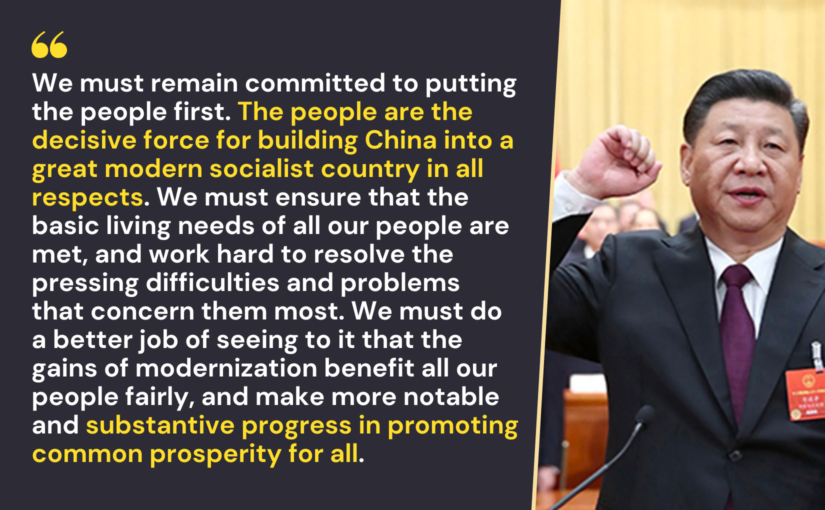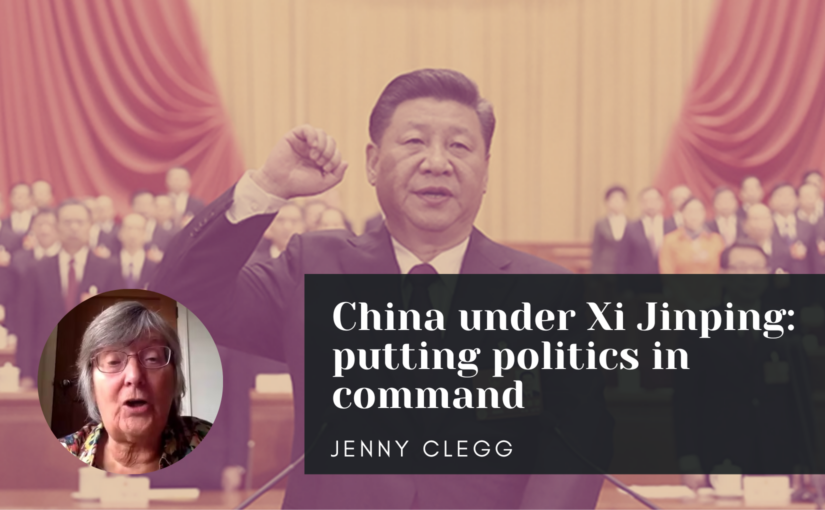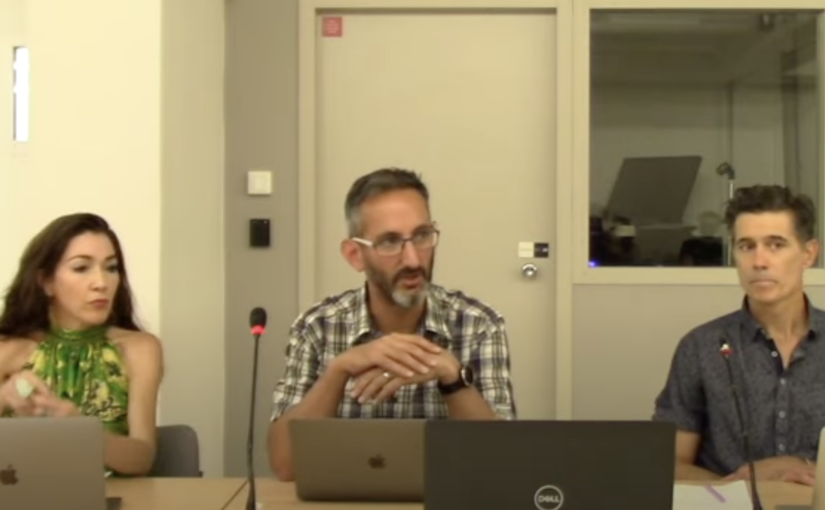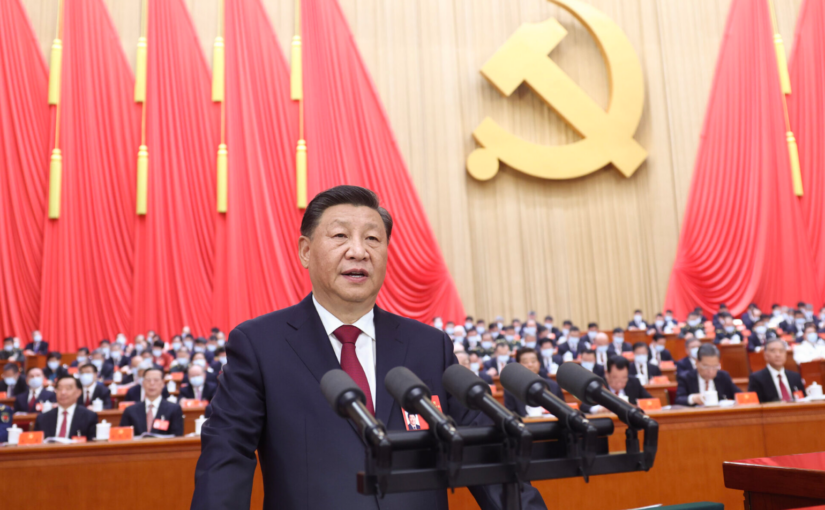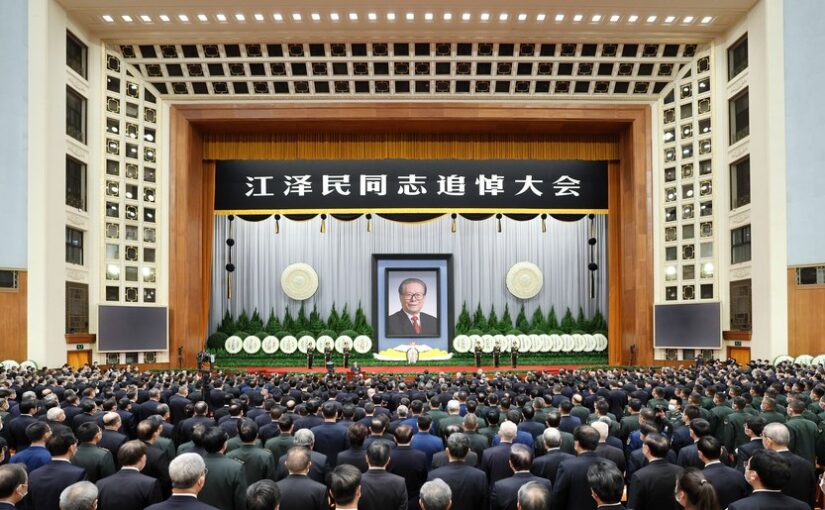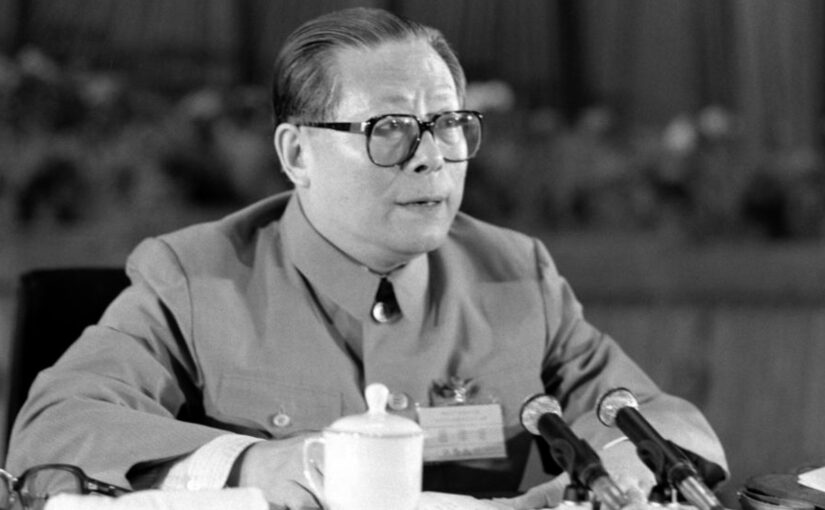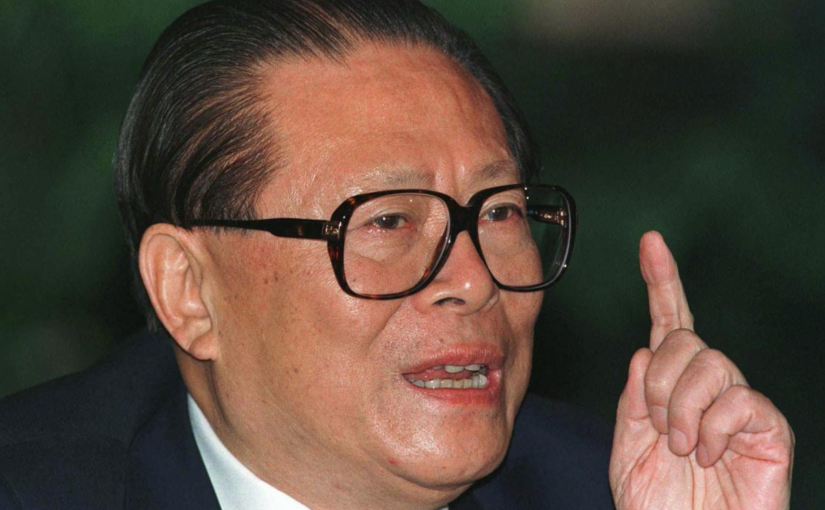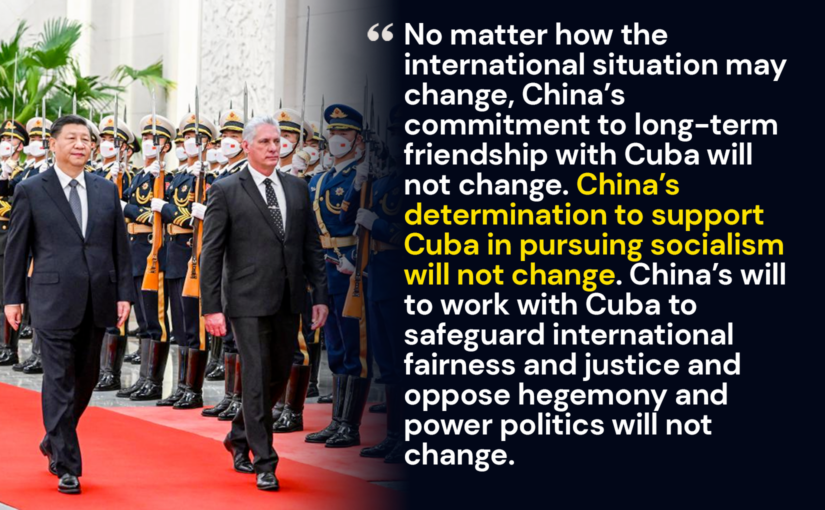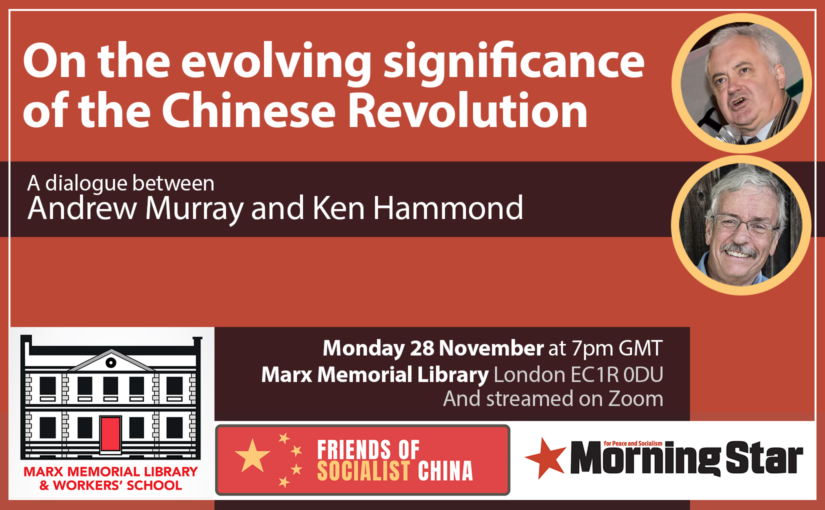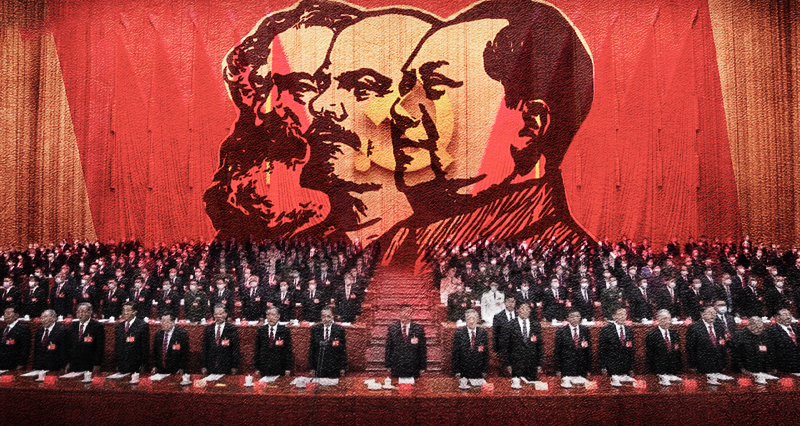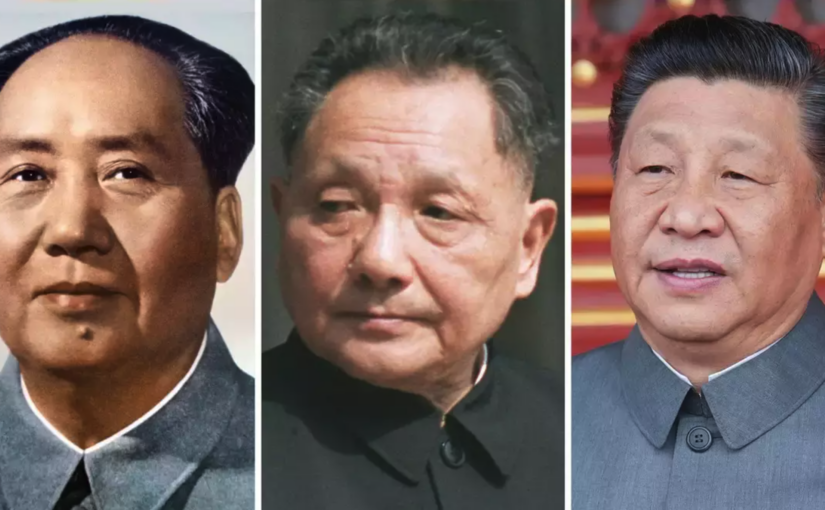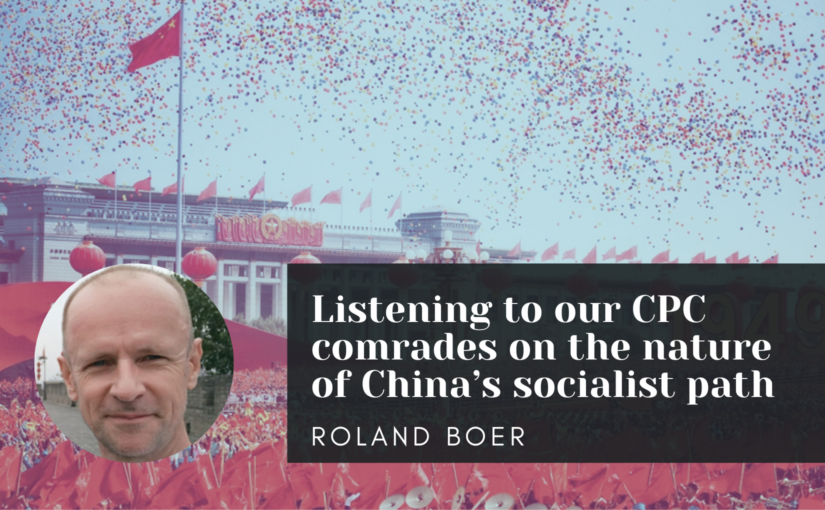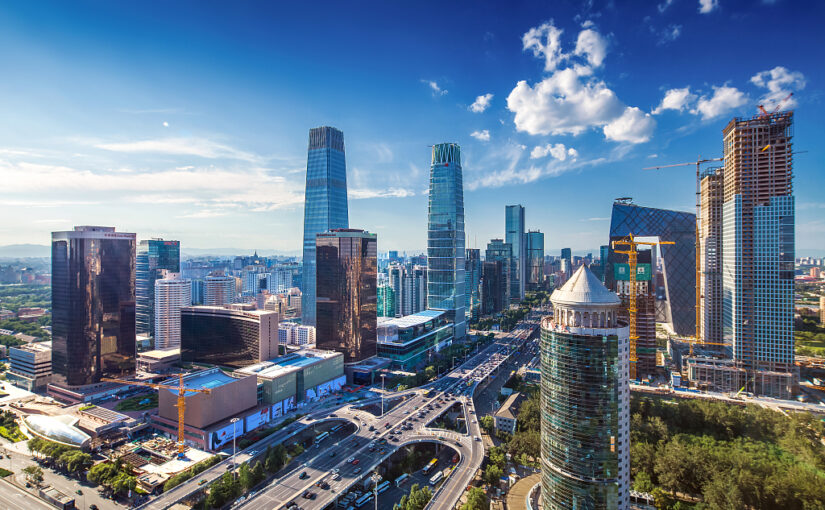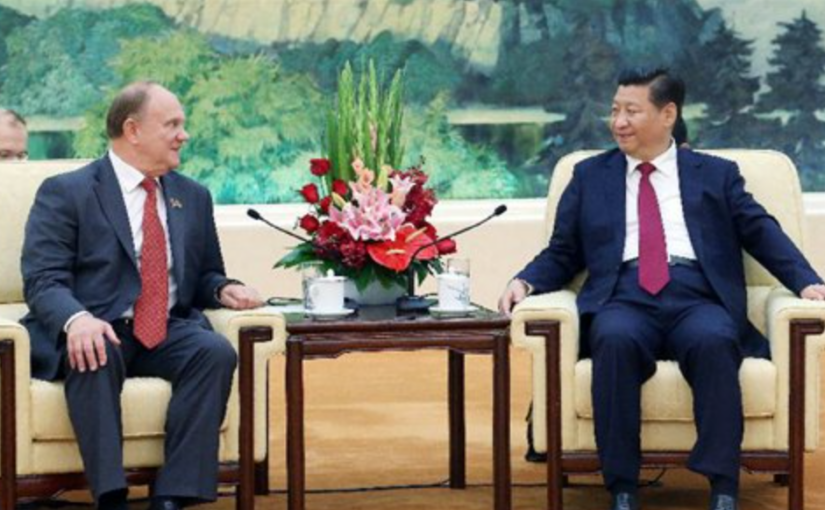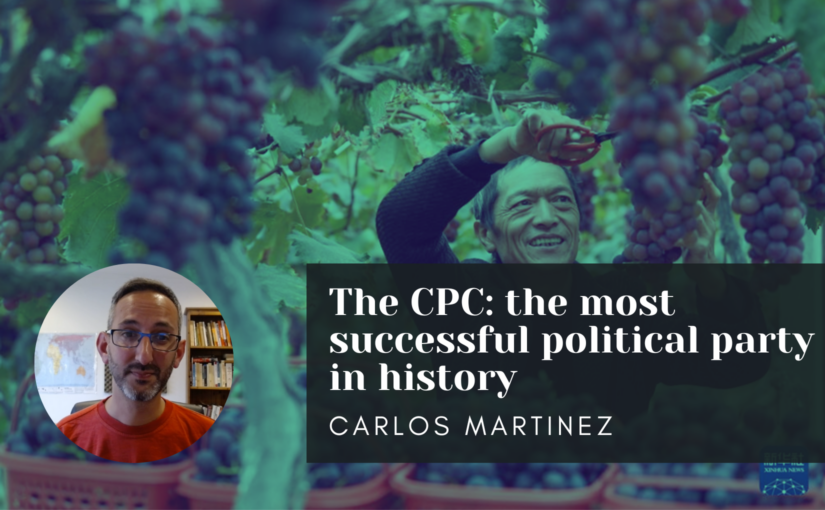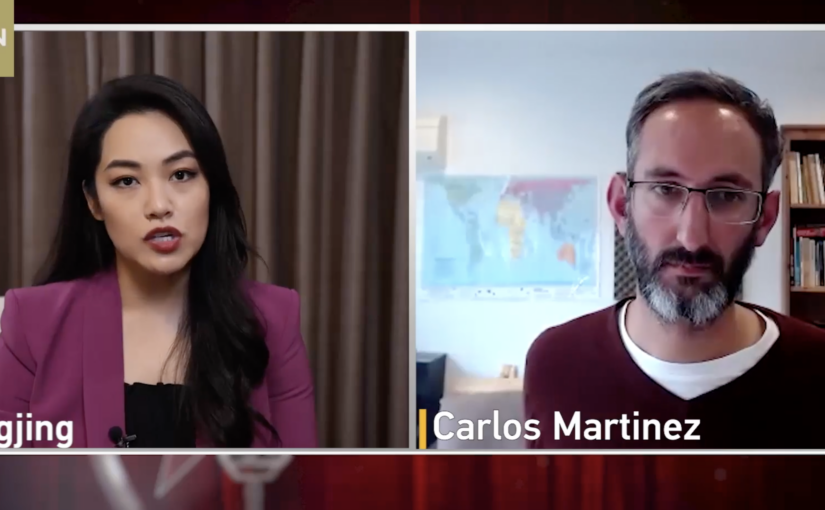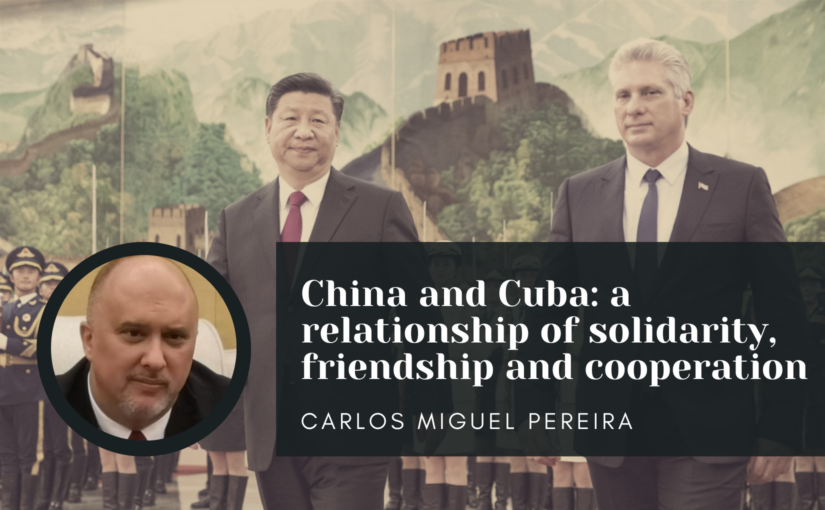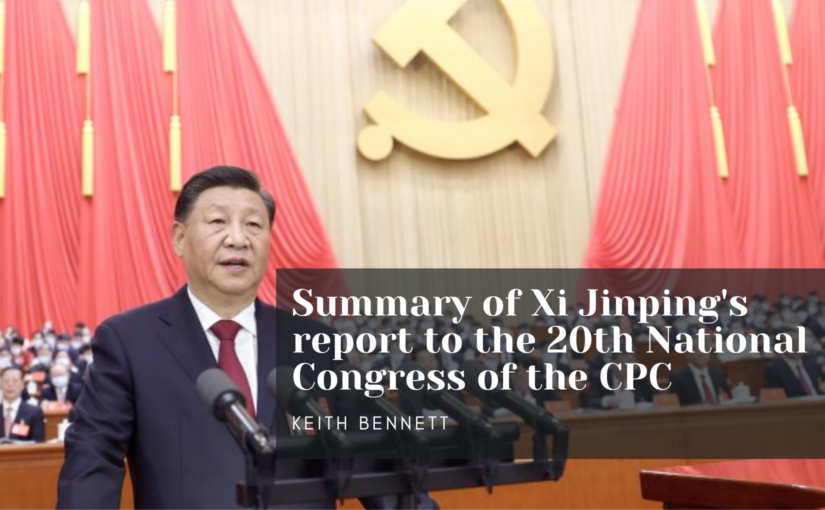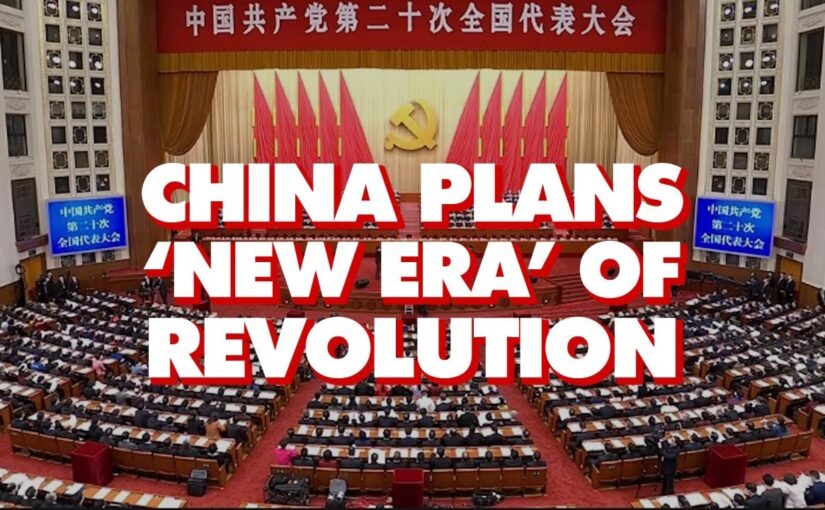Following his unanimous re-election to serve as President of the People’s Republic of China for a third term, Xi Jinping delivered a speech at the first session of the 14th National People’s Congress (NPC) on March 13.
President Xi told the delegates: “The people’s trust has been my greatest source of strength to go forward and also the greatest responsibility on my shoulders.”
He went on to say that, with a civilization spanning over 5,000 years, the Chinese nation, “has created a myriad of glories and also been through a lot of hardships and adversity.”
With the advent of modern times, China was reduced to a semi-feudal and semi-colonial society, when bullying by foreign powers and frequent wars tore the country apart and plunged the Chinese people into an abyss of great suffering. Since its founding, the Communist Party of China (CPC) has closely united and led the Chinese people of all ethnic groups in working hard for a century to put an end to China’s national humiliation. The Chinese people have become the masters of their future, the Chinese nation has achieved the great transformation from standing up and growing prosperous to becoming strong, and China’s national rejuvenation has become a historical inevitability. From now until the middle of the century, the central task of the Party and all Chinese people is to complete building China into a great modern socialist country.
Xi went on to say that, “we must remain committed to putting the people first. The people are the decisive force for building China into a great modern socialist country,” and called for fully inspiring their enthusiasm, initiative, and creativity. To this end, it was necessary to, “improve the system of income distribution, perfect the social security system, and enhance basic public services. We must ensure that the basic living needs of all our people are met and work hard to resolve the pressing difficulties and problems that concern them most. We must do a better job of seeing to it that the gains of modernization benefit all our people fairly and make more notable and substantive progress in promoting common prosperity for all.”
Having touched on a number of other issues, including ethnic unity, national security, the questions of Hong Kong, Macao and Taiwan, and the broad contours of foreign policy, Xi turned his focus to the work of the Party and said: “We must unceasingly exercise full and rigorous Party self-governance, unswervingly fight against corruption, and always maintain the unity and solidarity of the Party. By doing so, we will be able to ensure that the Party will never change its nature, its conviction, or its character.”
We reprint the full text of his speech below. It was originally published by the Xinhua News Agency.
Speech at the first session of the 14th NPC
March 13, 2023
By Xi Jinping
Fellow deputies,
I was elected at this session to continue to serve as the president of the People’s Republic of China (PRC). I would like to express my heartfelt gratitude for the trust placed in me by all the deputies and the Chinese people of all ethnic groups.
It is my third time to take on this noble position of the president of the PRC. The people’s trust has been my greatest source of strength to go forward and also the greatest responsibility on my shoulders. I will faithfully fulfill the duties prescribed in the Constitution, take the needs of the country as my mission and the people’s interests as the yardstick to follow, be committed and honest in my duties, devote myself to my work without reserve, and never fail to live up to the great trust of the deputies and the people.
Fellow deputies,
The Chinese nation, with a civilization spanning over 5,000 years, has created a myriad of glories and also been through a lot of hardships and adversity. With the advent of modern times, China was reduced to a semi-feudal and semi-colonial society, when bullying by foreign powers and frequent wars tore the country apart and plunged the Chinese people into an abyss of great suffering. Since its founding, the Communist Party of China (CPC) has closely united and led the Chinese people of all ethnic groups in working hard for a century to put an end to China’s national humiliation. The Chinese people have become the masters of their future, the Chinese nation has achieved the great transformation from standing up and growing prosperous to becoming strong, and China’s national rejuvenation has become a historical inevitability.
Continue reading Xi: The people are the decisive force for building China into a great modern socialist country